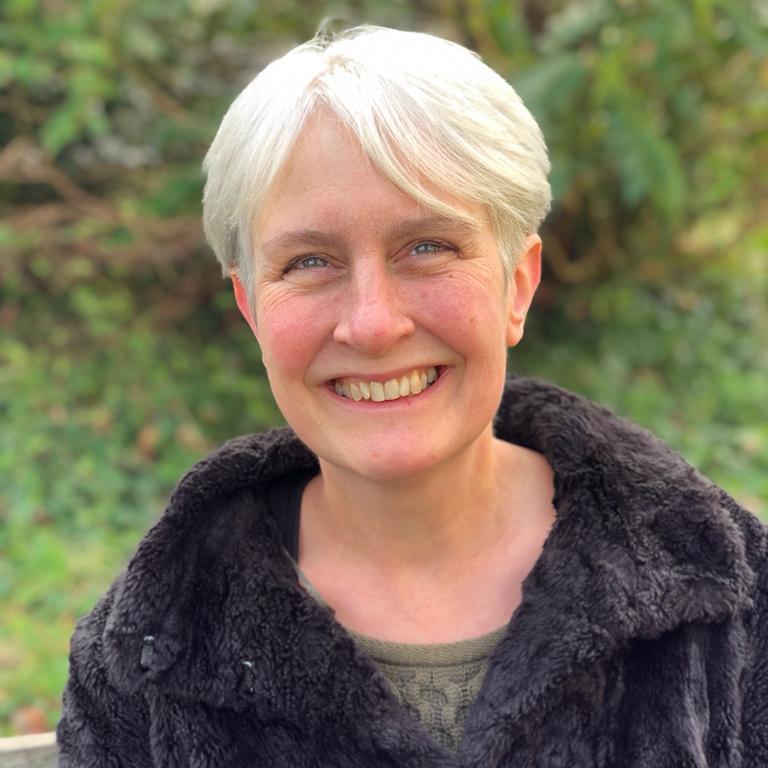Letter from the Chair

Professor Mary Laven
Newsletter, February 2024
At Cambridge, we pride ourselves on offering ‘research-led teaching’, but what does that actually mean and how can we convey the experience of doing historical research to our undergraduates in the classroom? Our new Tripos has a research thread running through it, which we’ve called ‘the craft of history.’ In Part IA, our students follow a short course on sources. Whatever they choose to focus on (and the menu is extensive), they will start with the primary evidence: letters, memoirs, speeches, political treatises, literary texts, diplomatic records, images, films and much more. A compulsory ‘Research Project’ in Part IB now serves as preparation for the increasingly popular Part II dissertation. So there is scope at every stage of the degree to engage with the practical methodological questions of what sources do and don’t tell us.
The third-year Special Subject also remains a fabulous training for undertaking historical research that connects students with what their teachers are doing at the coalface of the discipline. Back in 1992, I was studying for my Special Subject with the then Regius Professor, Patrick Collinson, on the subject of ‘Perceptions and Uses of the Past in Elizabethan England.’ You might think that there was not so much to excite young people in the writings of Elizabethan antiquaries. If John Foxe’s Book of Martyrs at least had blood and violence to offer, county histories like William Lambarde’s Perambulation of Kent looked to be a tough sell. Yet twenty or more of us crammed into our oversubscribed class on a weekly basis, and we all seemed to have plenty to say about the texts that we’d been reading late into the previous night. I’ve often thought back to those classes and wondered why we were so galvanized. I think it was partly the thrill of working with a very brilliant historian, as he developed his own ideas, and the sense that we were a part of the process. (Cambridge historians often thank their Special Subject students in their acknowledgements.) But it was also the satisfaction of being able to find interesting and meaningful things to say about sources that are – at first glance – inaccessible and even boring, but which in their details and cumulative force can shed light on a past society. This is surely key to the craft of history.
I’ve been reading with great enjoyment Ulinka Rublack’s wonderful new book, Dürer's Lost Masterpiece: Art and Society at the Dawn of a Global World, featured in this newsletter. There is nothing boring about her sources, which include the dazzlingly original works of Dürer himself, but there is certainly much that requires expert unpacking and challenging interpretation. I notice that Ulinka thanks her Special Subject students for joining her on her journey, for their ‘stimulating discussions,’ ‘astonishingly original essays,’ and their excitement in ‘remaking’ historical artefacts - a new kind of historical research practice, as well as a new kind of pedagogy. This reciprocity is key to the way we study History at Cambridge.
Many students – bitten by the History bug – are keen to continue research to postgraduate level, and the Faculty is committed to supporting them. Access to higher degrees must not be limited to those who can afford it; with more funded places, we will be able to offer a greater number of History students the chance to thrive in Cambridge’s extraordinary and enriching environment. To that end, the Faculty is formalising a Postgraduate Studentship Fund, which will be highlighted on our website in the near future. Any financial donation to the fund will make a real difference to our future students. If you would like to speak to us about a more bespoke gift, please contact Louisa Trivett louisa.trivett@admin.cam.ac.uk.
Professor Mary Laven, Chair of the Faculty of History
